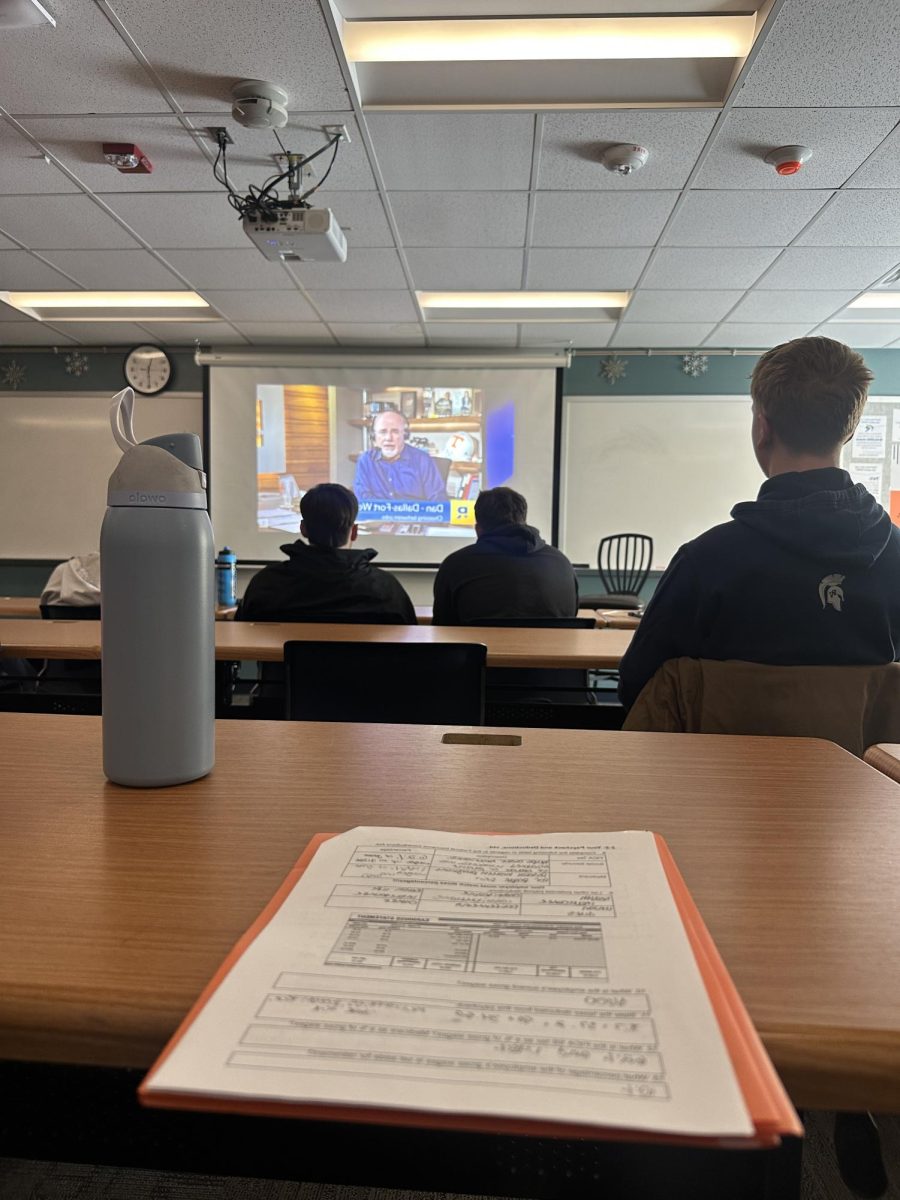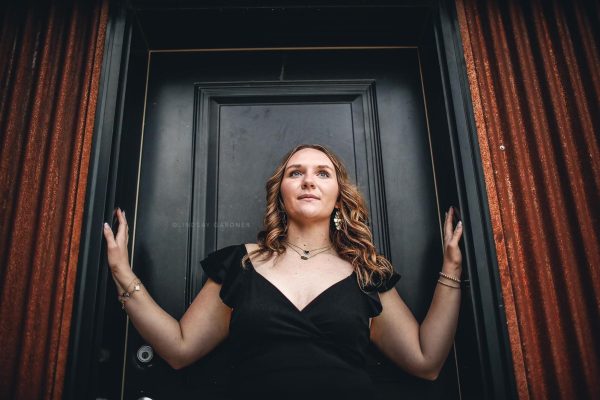35 states in the US now require a personal finance class to graduate high school. Iowa is part of the minority that does not obligate the class to graduate.
A personal finance class typically lasts one semester and objectively teaches students the concepts of budgeting decisions. This includes concepts regarding how loans work and their implications, introduces investing, shows how to file taxes and more. For some students these concepts may be entirely new, but for others, the topics could have already been taught at home.
The purpose of a personal finance class is to develop instrumental financial literacy concepts that will prove to be incredibly important for adults in today’s increasingly complex economy. The lack of financial literacy among adults has become increasingly problematic among Americans, with 77% of households having some sort of debt and the average American owing $66,772 in debt.
Through the integration of financial education, students of all financial backgrounds are able to access the basic knowledge and financial skills to succeed in today’s economy. “I took personal finance as a sophomore at Davenport Central before I transferred to PV and I felt like it was incredibly important. I learned real life skills I will be able to apply for the rest of my life. I think for people who don’t have parents with a strong understanding of finances this class would be extremely beneficial as a required course,” senior Aerielle Johnson said.
Since 2022, the number of states with this requirement grew from 23 to 35, ensuring over 10 million K-12 students access to this valuable information. States such as Idaho, Georgia and Texas have seen an overall drop in loan delinquency and an increase in credit scores since implementation of the personal finance classes.
Taking a personal finance class, and taking it early, most likely contributed to this growth. “Taking the class as a sophomore really helped me gain an understanding about loans, investment and just financial literacy before I had to start even thinking about college. Now that the time to think about college and loans is here, I feel like I am so prepared and know what I am getting myself into, where a lot of high schoolers don’t,” Johnson said.
On the contrary, some students feel as if yet another mandatory class added into the graduation requirement would further impede their schedule. “I really don’t think a class such as personal finance should be required. I already have a rather full schedule, but they are practical classes that apply directly to what I want to do as a career. Being forced to take yet another class would just give me less time for classes I feel are more important to my future,” senior Will Diaz said.
For some, a personal finance class can ensure a state of financial literacy. For others, it impacts their opportunities to take other classes more related to their future interests. Ultimately, each individual state has the ability to choose the likelihood of future financial success for their high school students, and Iowa is currently in the minority that choose against it.









